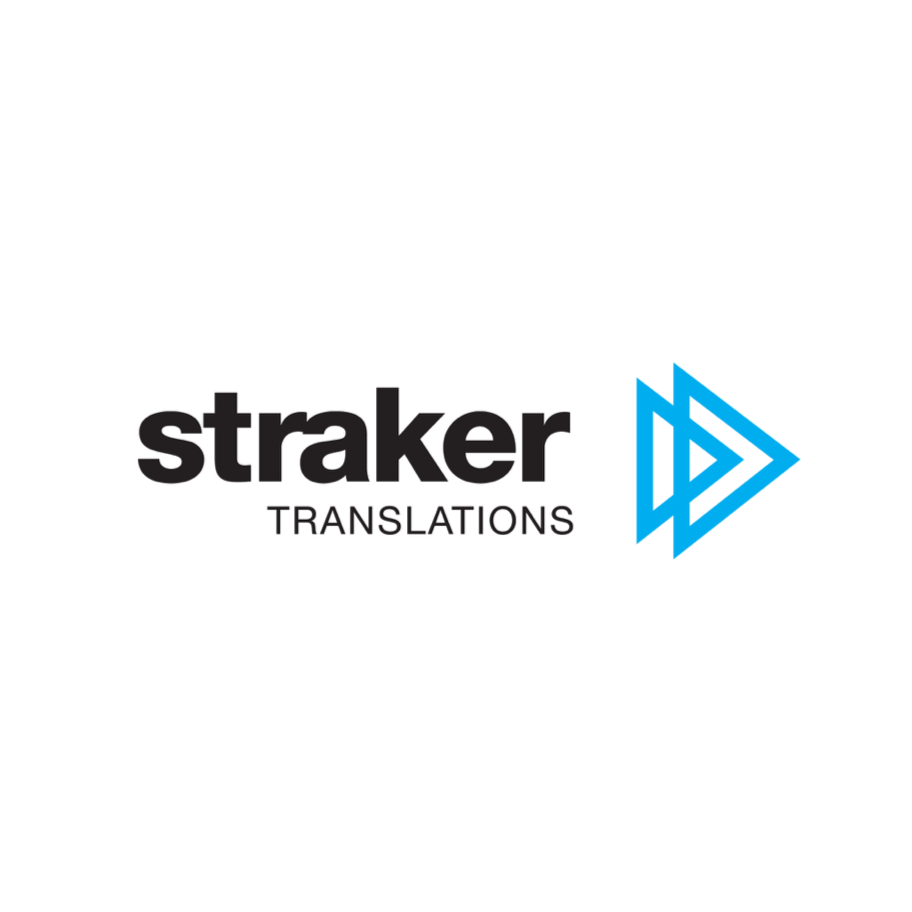
The Australian: Work-from-home hopefuls stand to benefit from corona epidemic
By Tim Boreham
Having been a euphemism for skiving off or perhaps minding sick kids, ‘‘working from home’’ (WFH) has become not just accepted but a compulsory requirement — or imposition — for white collar workers.
Our tip is that, post COVID-19, divorce lawyers will emerge as the premier growth sector as working spouses see far too much of each other.
In the meantime, investors are running the ruler over stocks that stand to benefit, such as telcos, network providers and teleconference operators.
Straker Translations (STG) 70c
The work-from-home dictate and universal travel bans also bode well for demand for written translation services, at a time when machines increasingly take over the task of detecting nuances in dialects and making sense of idiom and slang.
The results from voice to text transactions are frequently hilarious: “hi Stacey” becomes “hi Sexy” and “home at seven” becomes “see you in Heaven”, etc.
In any language the sector is well served. Straker Translations founder Grant Straker says there are no fewer than 20,000 providers in a sector globally that’s worth $40bn-$50bn. Most don’t have the scale or resources to compete — in fact only the top are scale operations.
“They are in the dying zone. There’s no innovation and they don’t have capital,” he says.
“They have relations with existing companies that have had regional protections they are standing to lose.”
The Straker model isn’t all machine, in that complex or specialist topics still require a human overlay. For instance, they’re not that good at deciphering aeronautical engineering manuals.
“We need to use machines to get the volume but humans still have the refinement and quality,” he says. “It’s not as simple as getting Google Translate and having someone tidy it up.”
Straker recently decided to pull back from the consumer market in favour of enterprise (business) clients, which include Apple TV and Disney Plus.
With machine learning the old rule of ‘‘garbage in, garbage out’’ still applies and a key issue is the availability of data to ‘‘train’’ the algorithm. While not the most enthralling contents, voluminous European parliament transcripts are used to train the machines in Latin languages.
“Training a machine is generic. IBM, Microsoft and Google all do it but our core advantage is we can use the machine to optimise a commercial benefit,” Straker says.
“If a machine makes a human go faster you do get a commercial benefit and that’s our secret sauce.”
In the year to March 2019, 47 enterprise customers (billings of more than $100,000 a year) delivered 55 per cent of Straker’s revenue, with 2500 small to mid-sized clients accounted for the remainder.
Straker generated revenue of $NZ24.5m ($23.7m) in the 2018-19 year and posted a $NZ4.3m loss
In the September (first) half of 2019 the company turned over $NZ13m, up 13 per cent and lost $NZ230,000.
At last glance Straker had cash of $NZ14m and no debt.
Straker is 14 per cent-owned by the ASX-listed investment company Bailador Technology (BTI).
